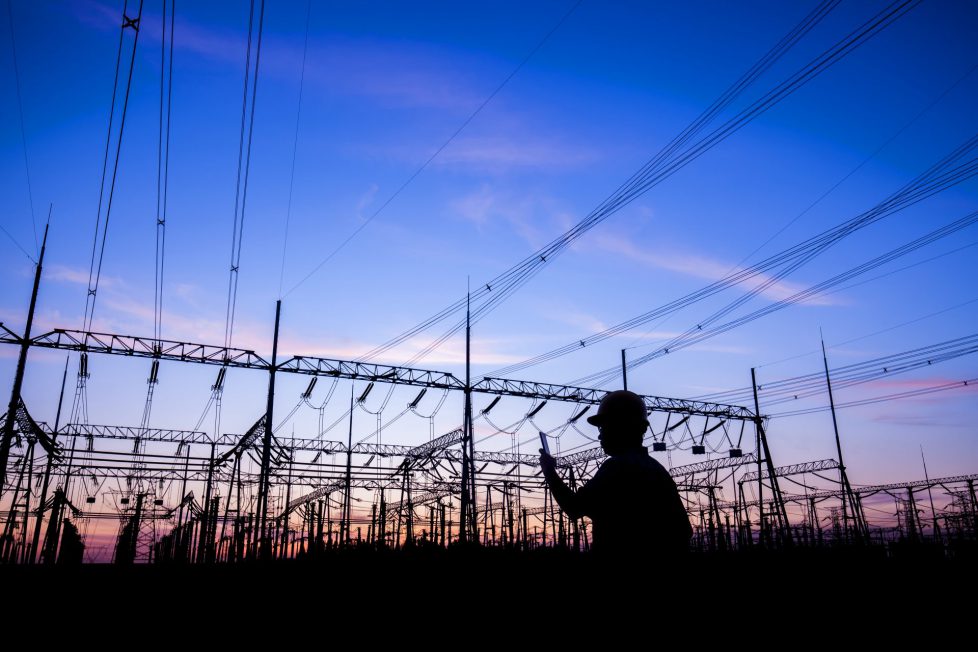Dear Clients,
After a long drawn-out saga spanning 9 months, 20 of Pakistan’s IPPs that signed the master agreements have finally been paid 40% of their overdue amount. The total payment of PKR 90bn comprised a structure of 1/3rd cash, 1/3rd PIBs and 1/3rd Sukuks. As expected, the 2 largest beneficiaries of the payments were KAPCO (PKR 39.6bn) and HUBC (PKR 23.2bn). The remaining 60% of the overdue amount is projected to be cleared within 6 months under the same payment structure.
Bumper payouts a possibility after the influx of liquidity: The PKR 30bn cash payment is expected to appease the IPPs’ liquidity-crunch, which has been prevalent since FY16. Moreover, we project the IPPs to likely liquidate the PIBs and Sukuks at the earliest possibility, further enhancing their cash reserves post the transaction. Consequently, we believe that even after addressing short-term obligations, majority of the IPPs will have ample leftover liquidity to announce cash payouts from FY22 onwards. To recall, the sector’s payout ratio plummeted down to 8% during FY20 because of the liquidity crunch compared to around 80% witnessed between FY10 and FY17.
KAPCO and PKGP likely to generate the highest cash surplus: Prior to the transaction, the overdue amount of KAPCO stood at PKR 99.0bn (PKR 112.5/sh). After the likely clearance of its short-term obligations, KAPCO is expected to be left over with PKR 40.7bn (PKR 46.24/sh) as a probable cash surplus, which exceeds its market capitalization by 6%.
Meanwhile, PKGP’s overdue amount stood at PKR 16.3bn (PKR 43.91/sh). After adjusting for its short-term obligations, PKGP is estimated to be left over with a cash surplus of PKR 9.47bn (PKR 25.46/sh), which stands at nearly 91% of its existing market capitalization.
Consequently, we believe both KAPCO and PKGP have the capacity to announce a bumper payout in their upcoming financial results.
HUBC’s debt obligations may limit payouts: HUBC’s focus on growth and the consequent increase in its capital & debt obligations has left the company in a cash deficit. While the company will welcome the payment, we believe its short-term obligations may limit a surprise payout (net cash deficit estimated at PKR 30.34/sh). The improvement in cash-flows post the transaction may enable HUBC a higher capacity for sustainable payouts, especially after dividends from its investment in CPHGC commence, likely from FY22 onwards.
Narowal, along with other 2002 policy IPPs, left waiting: 12 IPPs, including HUBC – Narowal, Nishat Power (NPL), Nishat Chunian Power (NCPL), and Engro Powergen Qadirpur (EPQL) had their payments withheld with the Power Division citing the pending NAB investigations for its decision. To recall, certain IPPs under the 2002 Power Policy, including the aforementioned names, are under NAB’s investigation for ‘Excess Profits’. The overdue amount for these 12 IPPs summed to PKR 145.7bn, of which PKR 58.4bn (40% of overdue) was originally slated to be cleared in yesterday’s transaction.
NPL to be a clear winner, pending NAB’s approval: News reports highlight that the power ministry has assured the 12 remaining IPPs a smooth investigation to ensure timely implementation of the amended tariffs and the attached clearance of their overdue receivables. Said IPPs have approached relevant authorities for early issuance of NAB’s ‘validation letters’ so that their overdue payments are also processed.
Pending NAB’s approval, we believe NPL is likely to generate the highest cash surplus after the clearance of its short-term obligations. We project the company to record a cash surplus of PKR 11.0bn (PKR 31.05), which exceeds its existing market capitalization by 52%.
PSO likely to get a slice of the pie: Pakistan State Oil (PSO) is actively engaging the management of both HUBC and KAPCO to get its overdue balance cleared. To note, HUBC owes PKR 51bn (PKR 108.6/sh) to PSO, of which PKR 28bn amounts to Late Payment Surcharge (LPS) while KAPCO owes PKR 12.0bn (PKR 25.6/sh) in LPS. As HUBC and KAPCO are the 2 biggest beneficiaries of the IPPs payment, the management of PSO remains confident over the potential clearance of its overdue balance originating from the 2 companies.
While potential receipts may not catalyze higher payouts on account of the magnitude of PSO’s ST obligations (PKR 142bn Payables; PKR 96bn ST debt), we believe potential clearance of the 2 accounts may allow PSO reduce its leverage and, in turn, debt servicing.
Focus will now shift towards buying out the remainder of the IPPs’ PPA contracts: The federal government has been contemplating buying out the remainder of the IPPs’ PPA contract at discounted values to reduce the overall burden of capacity payments. News reports highlight that the government has earmarked PKR 150-200bn for this purpose and expects to save roughly PKR 450bn over the contracts’ original structure. To note, HUBC has offered the federal government PKR 65bn to buyout the PPA contract of its Base Plant, which is projected to receive PKR 165bn in capacity payments till FY27.
The management of HUBC believes that the federal government is likely to expedite negotiations on this front now that the overdue payments have been cleared and the tariffs have been revised down.
Valuations expected to be unlocked as the liquidity crunch alleviates: The energy sector has been trading at depressed multiples since the proliferation of the circular debt and the consequent reduction in the cash-payouts. We believe this payment may re-invigorate investor sentiments toward the sector and potentially unlock its intrinsic value. Within our active coverage, we highlight our preference for HUBC (TP: PKR 130/sh; 63% upside) because of its underappreciated growth story and PSO (TP: PKR 291/sh; 20% upside) on account of active action against the circular debt.
Moreover, we would also like to highlight KAPCO, PKGP and NPL as potential performers within the space. All 3 stocks are trading at very depressed multiples (KAPCO: 1.8x; PKGP: 2.3x and NPL: 2.7x) and the possibility of bumper dividends may spur investor interest in the stocks.
Regards,
KASB Research

